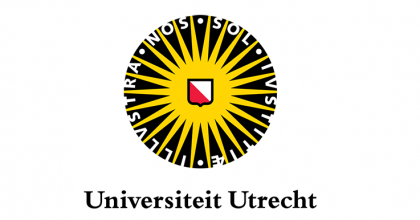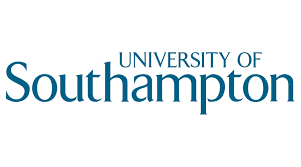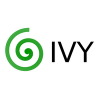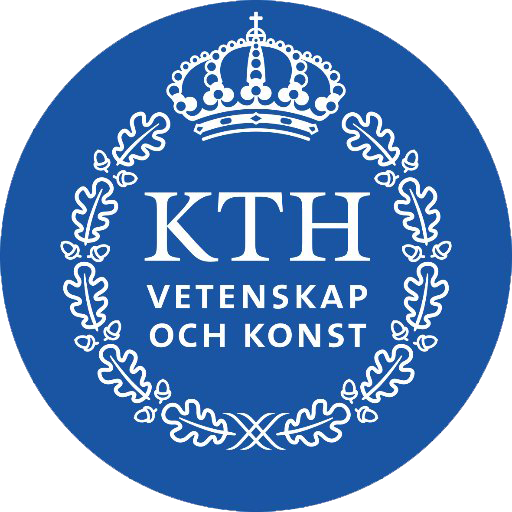Snabbfakta
-
- Utrecht
- Heltid
- Rekrytering
Kategorier:
- Datavetenskap
Titlar:
- Doktorand
Ansök senast: 2024-05-05
PhD position on Computer Science Education with Generative AI
In this PhD project, you will investigate the relationship between computational thinking skills and the use of GenAI for programming!
JOB DESCRIPTION
Join our vibrant team for a PhD position on Computer Science Education with Generative AI. You will work within the Software Technology for Learning and Teaching research group of the department of Information and Computing Sciences. The position includes 85% research time and 15% teaching. You will be supervised by Professor Johan Jeuring and Dr Isaac Alpizar-Chacon.
Your job
Recent progress in artificial intelligence (AI) is changing how we work with computers. Generative AI (GenAI), including large language models (LLMs) such as GPT-4, GitHub Copilot, and LLaMA, can now create and understand, to a large extent, programming code and instructions in human language. These new technologies have caused the computing education community to ask how they should change their teaching methods to face these challenges and make the most of this new technology. In this context, you will conduct research in the field of Computer Science Education, focusing on the relationship between computational thinking skills and the use of GenAI for programming.
Scientific questions that will be addressed include, among others:
- What new skills are needed for programming using GenAI, and how are they related to traditional computational thinking skills?
- What assessment methods, tools, and experiments can be developed to evaluate students’ skills related to programming using GenAI?
- (How) can we design a framework that integrates programming-related tasks using GenAI with computational thinking skills, considering different proficiency levels (from novice to expert)?
- How should we adapt the teaching of computational thinking skills for students of different programmes?
To tackle these research questions, you will:
- study the necessary (computational thinking) skills to support using GenAI in Computer Science Education;
- develop new technologies to support students’ learning and use of computational thinking skills when programming using GenAI;
- design, plan, and conduct experiments in classroom settings and iteratively improve the technology based on the findings;
- apply qualitative and quantitative data analysis techniques used in the field of Computer Science Education.
REQUIREMENTS
You have a strong interest to understand the impact of Generative AI in learning and teaching computational thinking skills from theoretical and applied perspectives. Furthermore you bring the following skills and qualifications:
- a Master’s degree in Artificial Intelligence, Computer Science, Information Science, or a related field (or graduating within the next months);
- a strong interest in conducting research and performing experiments in the area of Computer Science Education with AI;
- experience with state-of-the-art technologies for AI and ML;
- good communicative skills in English, both in writing and speech;
- strong critical thinking and collaboration skills which enable you to work effectively in a team, analyse complex research problems and conduct advanced research.
CONDITIONS OF EMPLOYMENT
We offer:
- a position for four years;
- a gross monthly salary starting at €2,770 in the first year and increasing to €3,539 in the fourth year in the case of full-time employment (salary scale P under the Collective Labour Agreement for Dutch Universities (CAO NU);
- 8% holiday pay and 8.3% year-end bonus;
- a pension scheme, partially paid parental leave and flexible terms of employment based on the CAO NU.
In addition to the terms of employment laid down in the CAO NU, Utrecht University has a number of schemes and facilities of its own for employees. This includes schemes facilitating professional development, leave schemes and schemes for sports and cultural activities, as well as discounts on software and other IT products. We also offer access to additional employee benefits through our Terms of Employment Options Model. In this way, we encourage our employees to continue to invest in their growth. For more information, please visit Working at Utrecht University.
EMPLOYER
Universiteit Utrecht
A better future for everyone. This ambition motivates our scientists in executing their leading research and inspiring teaching. At Utrecht University, the various disciplines collaborate intensively towards major strategic themes. Our focus is on Dynamics of Youth, Institutions for Open Societies, Life Sciences and Pathways to Sustainability. Sharing science, shaping tomorrow.
At the Faculty of Science there are six departments to make a fundamental connection with: Biology, Chemistry, Information and Computing Sciences, Mathematics, Pharmaceutical Sciences and Physics. Each of these is made up of distinct institutes that work together to focus on answering some of humanity’s most pressing challenges. More fundamental still are the individual research groups – the building blocks of our ambitious scientific projects.
The department of Information and Computing Sciences is nationally and internationally known for its research in computer science and information science. The department provides and contributes to the undergraduate programmes in Computer Science, Information Science, and Artificial Intelligence and a number of research Master's programmes in these fields. It employs over 200 people, working in four division: Algorithms, Artificial Intelligence & Data Science, Software and Interaction. The atmosphere is collegial and informal.
Software Technology for Learning and Teaching is one of the research groups of the Software division within the department of Information and Computing sciences. In this group, we study technologies, algorithms, and tools from the fields of computer science, artificial intelligence, data science, and educational research and further develop and apply them to create better digital learning and teaching experiences. We focus, in particular, on the underlying software technology necessary to further optimise digital learning environments.
ADDITIONAL INFORMATION
For more information, please contact Dr Isaac Alpizar-Chacon at i.alpizarchacon@uu.nl.
Do you have a question about the application procedure? Please send an email to science.recruitment@uu.nl.



